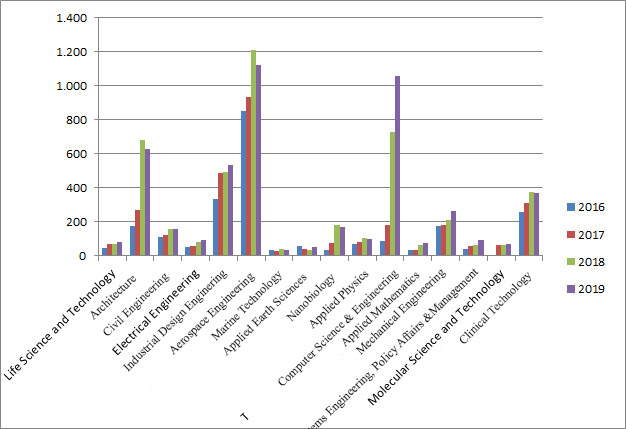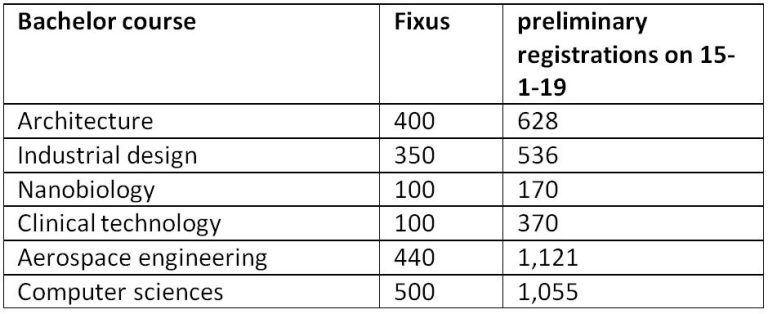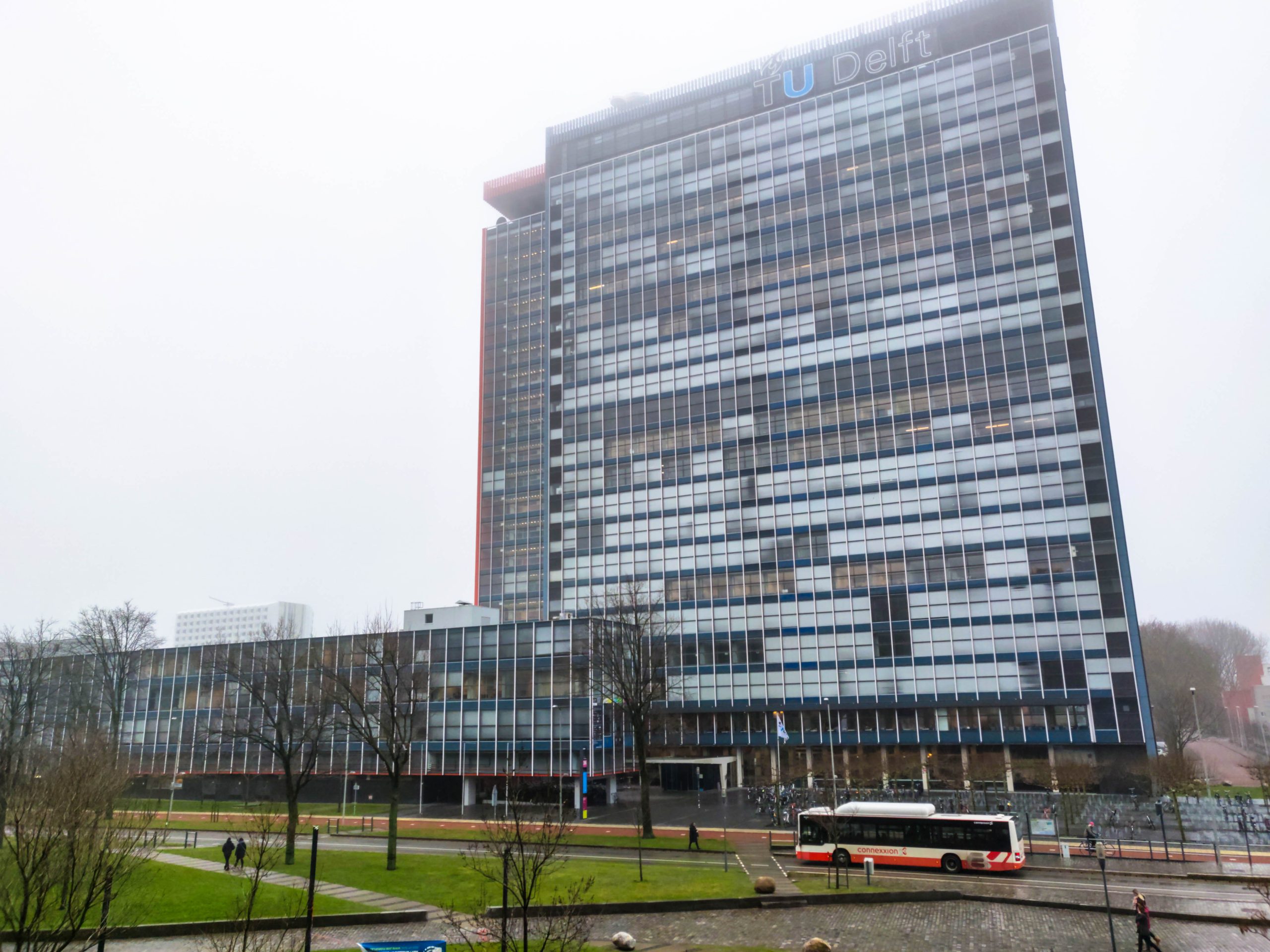The new cap on student intake for computer sciences does not appear to be redundant. More than 1,000 people have signed up for this bachelor’s course. There is room for 500.
(Photo: Marjolein van der Veldt)
As computer sciences is adopting a numerus fixus for the first time for the approaching academic year, the preliminary registration deadline date was 15 January. On that date, the latest figures show that 1,055 people had registered, while there is a numerus fixus of 500. The preliminary registrations are weighted. This means that students who have registered for three courses are counted as one third.
Course in English
The run on computer sciences started slowly two years ago and last year sped up dramatically. In 2017, the language medium of the bachelor course was English, but with a Dutch language requirement. When that requirement was dropped in 2018, it opened the way for international students to register. Among the 622 preliminary registrations on the deadline date of 15 January 2018, 465 were international students. The Faculty was able to cope with the situation by adopting various emergency measures.
‘There was panic last year’
EEMCS can handle the flow better with the numerus fixus. “There was panic last year,” remembers Anita Coetzee, Head of Education and Student Affairs at the Faculty of Electrical Engineering, Mathematics and Computer Science (EEMCS). “We are now following the roadmap used by other faculties. Aerospace Engineering in particular has much experience in a selection process.”
Ranking number
The EEMCS Faculty is now checking which candidates can be admitted, says Coetzee. The selection will start after this. The tests and assessments can be done online, though the students can also opt to do them at TU Delft itself. The candidates will be issued a ranking number on 15 April. The first 500 may accept their place. If they do not do so, the next candidates on the ranking will be offered a place. To give everyone an equal chance, the entire process is done independently of the origins of the candidates, which was the subject of much discussion last year. It will only emerge later how international the composition of the first year’s group will be.
Most courses growing
It is not only the preliminary registrations for computer sciences that are increasing. Interest is growing almost everywhere. TU Delft has seen the total number of preliminary registrations rise by eight percent compared to last year, from 4,561 to 4,905.

Source: TU Delft
As is the case with computer sciences, the other five courses with a numerus fixus will disappoint many people.

Do you have a question or comment about this article?
s.m.bonger@tudelft.nl


Comments are closed.